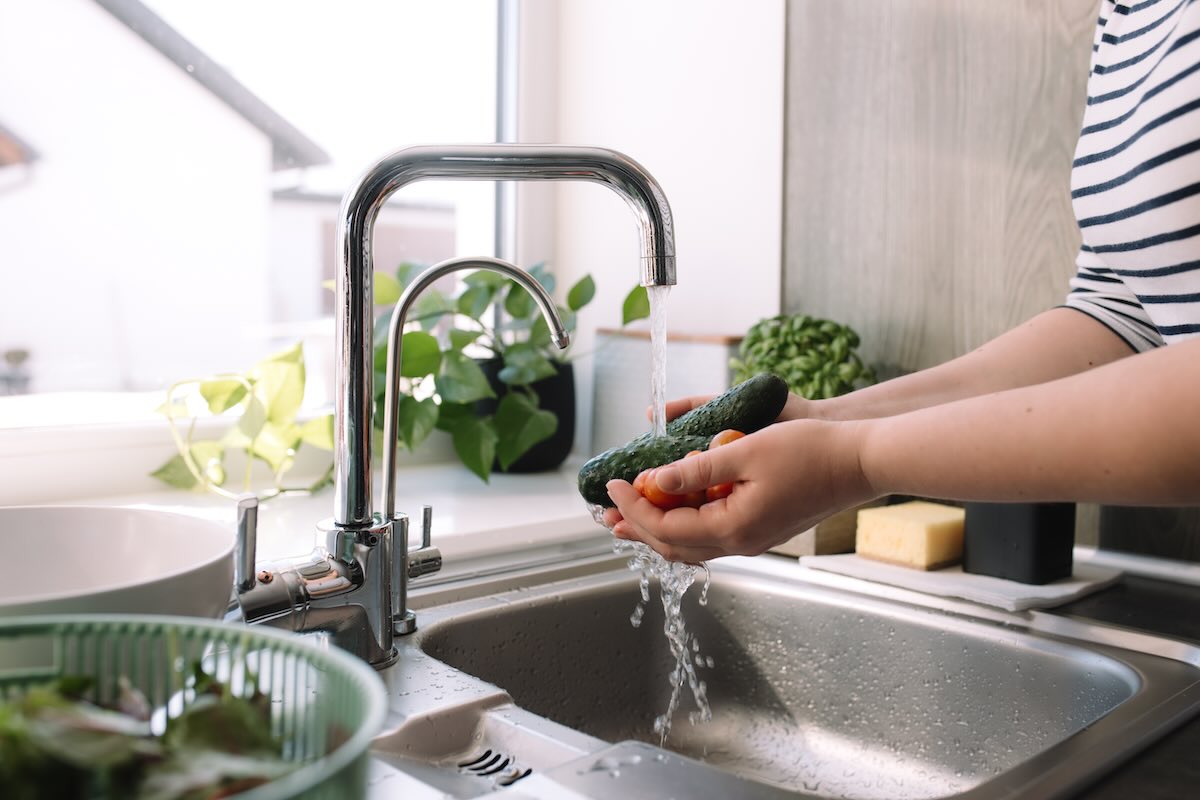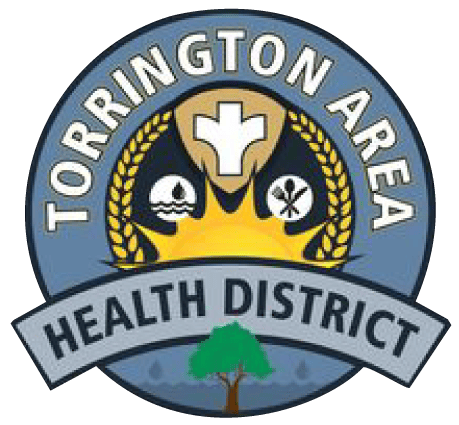TAHD’s Role in Well Water Protection
As the local public health agency for its constituent cities and towns, the TAHD enforces three sets of laws that control all aspects of water wells within its jurisdiction. In 1958, the general assembly passed Chapter 482 of the Connecticut General Statutes entitled WELL DRILLING. This law enabled the Connecticut Departments of Public Health and Consumer Protection to adopt their own individual well regulations. Collectively, these three documents are known as the Well Drilling Code, and they regulate well locations, construction, water quality and quantity, and many other well matters.
Before a private well can be constructed, the TAHD must sign a well permit that is submitted by a state-licensed well contractor.This permit shows the location of the well on the property and ensures that the minimum separating distances to any potential sources of pollution are met.
After construction, the well driller is responsible for sending a copy of the well completion report to the Health District. The last step for approval is usually the responsibility of the well owner and requires a water test performed by a State Licensed Laboratory. In addition to the one-time bacteria, physical, and inorganic testing required by the State Department of Public Health, the TAHD requires a volatile organic compound test for new wells to ensure that the groundwater is free of these cancer-causing chemicals.
Sodium Chloride (Salt) intrusion in your well?
Below is information provided by the State of Connecticut Department of Public Health.
If you suspect you have salt intrusion into your well or have a laboratory report from a CT-licensed water testing laboratory that confirms elevated Sodium or Chloride in your well, please contact the TAHD at info@tahd.org
Sodium Chloride Runoff Damage Reporting
Pursuant to PA 23.31, Sec. 19, this electronic reporting form is for the owner of any home or well that is damaged as a direct result of sodium chloride run-off to register the damage with the local health department. Annually, the local health department will submit any report received for the previous year to the Office of Policy and Management, which may identify any available state or federal financial resources to assist such owners with the costs of remediation, mitigation, or repair of such homes or wells.

- DEEP Reporting Form
- Directions for Chlorinating Wells
- Lead in Water Publication
- Private Well Water in Connecticut fact sheet (long version)
- Private Wells in Connecticut fact sheet (short version)
- Sodium Chloride Fact Sheet
- Sodium Chloride Runoff Damage Report Form
- The Connecticut Environmental Health Association
